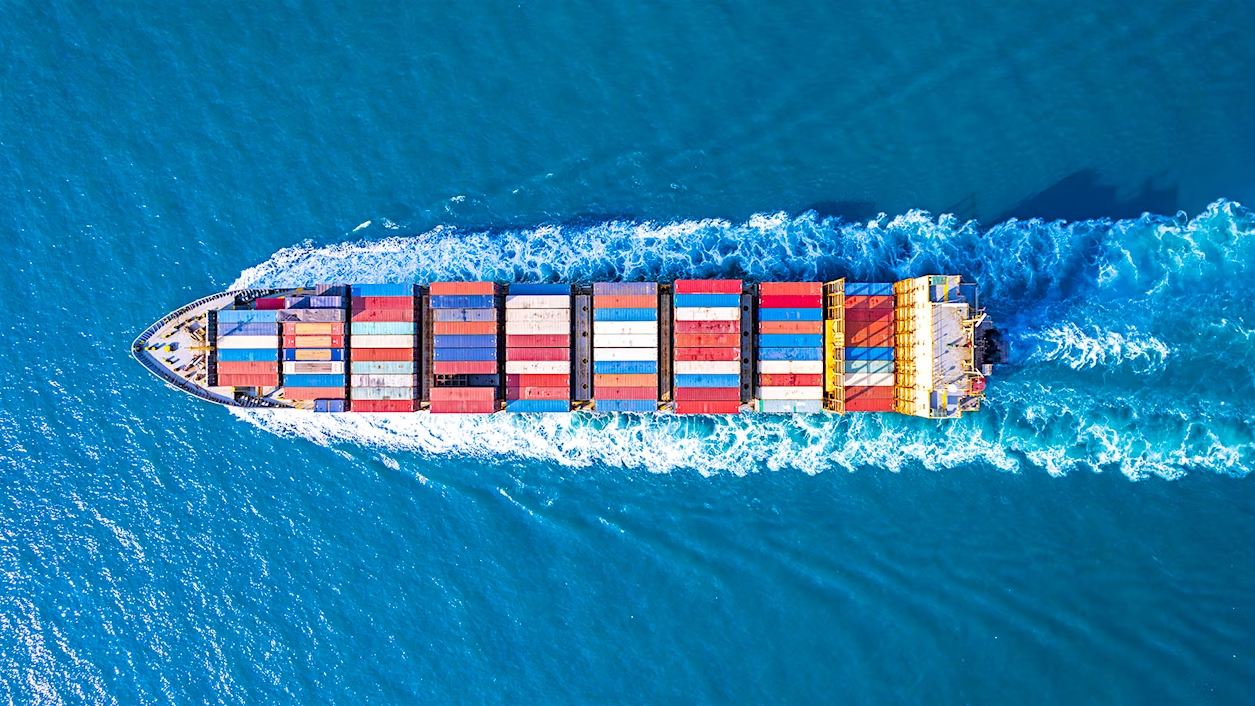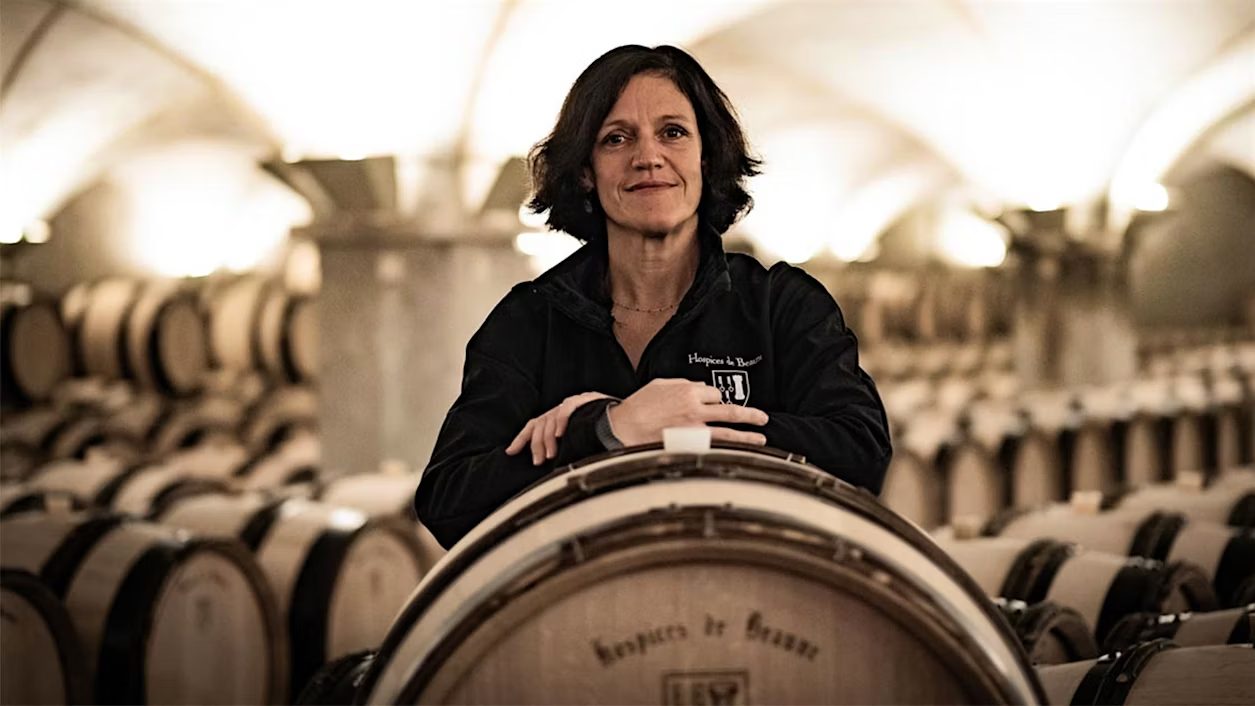Wine aging is a complex process that is influenced by various chemical reactions that take place as the wine interacts with its environment over time. Within each bottle of wine, numerous compounds undergo transformation, which contributes to the development of flavors, aromas, and textures. The aging process not only improves the wine’s characteristics but also stabilizes it, allowing for a more balanced and harmonious profile.
Central to the aging of wine are factors such as temperature, humidity, and light exposure. Temperature fluctuations can lead to premature aging or spoilage, ideally, wine should be aged in a stable environment at a temperature range of 45-65°F (7-18°C). High temperatures can accelerate chemical reactions, resulting in an unbalanced wine, while excessively low temperatures can hinder maturation. Humidity levels are equally essential; a relative humidity of around 70% helps prevent corks from drying out, which can lead to oxidation and spoilage. Proper light exposure is crucial as well; ultraviolet light can degrade wine quality, so storing wine in a dark place is recommended.
The aging process also varies significantly between different types of wine. Red wines, for instance, generally benefit from extended aging, allowing tannins to soften and complex flavors to emerge. In contrast, many white wines are intended for early consumption, as their freshness and acidity are essential to their appeal, although some, like Chardonnay or Riesling, can also develop depth over time. Sparkling wines, particularly those made using the traditional method, improve significantly with bottle aging as the yeast cells gradually break down, enriching the wine’s texture and taste profile. Understanding these nuances not only cultivates a deeper appreciation for wine but also aids in optimizing a cellar to achieve the desired aging results for specific varietals.
Setting Up the Perfect Wine Cellar
Creating a functional and efficient wine cellar requires careful consideration of various factors, ensuring that your collection is preserved and aged to perfection. Whether you opt for a dedicated room, a cellar rack, or a wine fridge, the initial step is identifying an optimal location. A wine cellar should be situated in a cool, dark area with minimal temperature fluctuations, ideally between 55°F and 58°F (13°C to 14°C). Avoid spaces with direct sunlight, heat sources, or high humidity, as these can adversely affect your wine’s aging process.
When designing the layout of your wine cellar, shelving systems play a crucial role. Racks should ideally be sturdy and able to accommodate various bottle sizes, including standard, magnum, and sparkling wine formats. Horizontal storage is essential for cork-sealed bottles to maintain moisture and prevent cork deterioration. Consider integrating modular shelving that allows for adjustments as your collection grows. Climate control units can also be beneficial; a wine fridge or dedicated cooling system can help maintain optimal temperature and humidity levels, typically between 50% to 70% relative humidity.
Essential tools for monitoring your cellar include thermometers and hygrometers, which help maintain consistent conditions. Proper organization is vital for both usability and tracking purposes. Implement a cataloging system that works best for you, whether through physical notebooks, spreadsheets, or dedicated wine management apps. Include details like varietals, vintages, regions, and tasting notes for easy reference. This will not only streamline accessibility but also enhance your overall wine cellar experience. Ultimately, a well-planned wine cellar promotes optimal aging conditions, facilitating the enjoyment of your wines at their finest.
Monitoring and Maintaining Ideal Conditions
Maintaining the ideal conditions within a wine cellar is crucial for achieving perfect wine aging. The optimal temperature range for storing wine typically falls between 45°F and 65°F (7°C and 18°C). Reds generally benefit from slightly warmer conditions, while whites and sparkling wines favor cooler environments. Consistent temperature stability is essential; fluctuations can adversely affect the wine’s development and flavor profile.
Humidity levels also play a vital role in preserving wine quality. The ideal humidity should be between 50% and 70%. This is particularly important for maintaining the integrity of the cork. Insufficient humidity might lead to cork drying out, which can allow oxygen to seep into the bottle, potentially resulting in oxidation. Conversely, excessive humidity might encourage mold growth or damage the labels. Regular humidity checks using hygrometers can help ensure that the environment remains stable.
To achieve and maintain these conditions, proper ventilation and insulation are essential. Ensure your wine cellar is insulated against external temperature changes while allowing for air circulation to prevent mold and mildew accumulation. Consider using a dedicated wine refrigerator or a climate control system if the cellar lacks natural ventilation.
Routine checks are vital, including monitoring temperature and humidity levels. Utilize digital thermometers and hygrometers for precise readings. Additionally, rotating your wine collection periodically can help maintain optimal conditions and prevent cork taint, a phenomenon typically caused by TCA (2,4,6-trichloroanisole), which can ruin the flavor of wine. Always inspect bottles for any signs of leakage or damage to the cork. By taking these preventive measures, you create an environment conducive to quality aging, ensuring that your wines mature gracefully over time.
Tasting and Evaluating Aged Wines
Tasting and evaluating aged wines is a nuanced experience that allows enthusiasts to appreciate the intricate evolution of flavors and aromas that occur over time. Aging can significantly enhance a wine’s complexity, leading to the development of secondary and tertiary characteristics that may not be present in young wines. For instance, as tannins soften and acids mellow, a previously robust and fruit-forward wine may gradually reveal subtle notes of earth, leather, or spices, providing a delightful sensory exploration.
When tasting aged wines, one should focus on the color, aroma, flavor, and finish. Observing the wine’s color can offer insights into its age; older reds may present with a more brick-like hue, while whites might deepen to a golden shade. Swirling the wine in the glass releases its aromas, allowing the taster to identify evolving scents such as dried fruit, floral notes, or nutty undertones. The flavor profile should be assessed by savoring the wine, paying attention to its balance of sweetness, acidity, and tannins, along with the persistence of flavor that lingers post-swallow.
Hosting a wine tasting can foster a deeper appreciation for aged wines. Inviting friends or family to join in the experience can enhance the enjoyment and provide an opportunity for shared insights. To create an engaging atmosphere, consider offering a selection of wines from various vintages, alongside a tasting sheet to note observations. Incorporating expert reviews and tasting notes during the event can provide invaluable context, guiding participants in refining their preferences.
As you embark on this journey of exploration, it is beneficial to document your tasting experiences. Keeping detailed notes on each wine’s characteristics and your personal reflections will serve as a valuable reference for future tastings and discussions among fellow wine enthusiasts. This practice not only enriches your own understanding but also allows for the sharing of insights that can inspire others to dive deeper into the world of aged wines.











Interesting read, but cant we achieve perfect wine aging without a fancy cellar? Thoughts on alternative methods?
Surely, a fridge and good timing can do the trick. Who needs a cellar anyway?
Interesting read! But isnt aging wine subjective? Ive heard some just get worse over time, rather than better! Whats the real story?
Does anyone else think that perfect aging is more about taste than science?
Isnt constant monitoring a bit overkill for casual wine enthusiasts?
Does anyone else think that the perfect wine cellar is more about personal preference than following a set of guidelines?
Does anyone else think that monitoring and maintaining ideal conditions can be more art than science? Wine aging is fascinating!
Is anyone else a little skeptical about the perfect cellar setup contributing significantly to the aging process of the wine?
Does anyone think aging cheap wine makes it taste better? Just curious.
Interesting article, but isnt the role of technology in maintaining cellar conditions worth a deeper discussion?
Isnt it interesting how wine aging is just like us humans maturing?
Is anyone else skeptical about the idea that we can truly control the aging process of wine to perfection?
Curious, does anyone else think that the joy of wine drinking is overshadowed by the fuss of perfect cellar management?
Absolutely! Overthinking cellaring just saps the spontaneous joy out of a good glass of wine.
Agree with wine aging but isnt it subjective? My uncle swears by his garage-stored merlot. Perfect conditions, or perfect palette?
Interesting read. Does anyone else think that the importance of perfect temperature control is somewhat overstated in wine aging?
Interesting read, but how often should we really be rotating stock in a home wine cellar? Doesnt too much movement disrupt aging?
Its intriguing, but does anyone else feel the perfect wine cellar setup can vary greatly based on personal preferences?
Interesting read, but isnt the aging process subjective? I mean, doesnt the perfection of wine aging vary per individual taste?
Interesting read! Do you think a digital wine cellar app could replace the traditional methods of monitoring and maintaining conditions?
Isnt it fascinating how the right cellar conditions can transform a good wine into a masterpiece? Anyone else tried aged wines recently?
Absolutely! Recently tried a 20-year-old Merlot, it was a game changer.
Is wine aging truly an art, or just a snobby illusion?
Interesting read, but why not discuss how digital tools can aid in managing wine cellars? Seems like a missed opportunity.
Perhaps because not everyone relies on tech for age-old practices like wine collecting. Tradition matters.
So, does the perfect cellar setup truly guarantee superior aged wine quality?
Interesting read, but isnt perfect aging subjective? What tastes divine to one, could be vinegar to another, right?
Does anyone else feel like a true wine afficionado would never digitally monitor their cellar? Isnt that part of the charm?
Does anyone else feel that managing a wine cellar has become more of a science than a hobby nowadays?
Does anyone else feel that perfect wine aging is subjective? What if my ideal aged wine differs from yours?
Absolutely! Perfect wine aging is as subjective as our taste buds. Each to their own!
Interesting read, but isnt the joy of wine tasting in the surprise, not the perfect science of aging and cellar conditions?
Interesting read! Do you think digital wine cellars could eventually replace traditional ones in terms of managing optimal aging conditions?
Does anyone else feel that perfect wine aging is more about personal taste rather than specific cellar conditions?
Interesting read, but isnt it more about personal taste than perfect aging? How does one truly define ideal conditions for every palate?